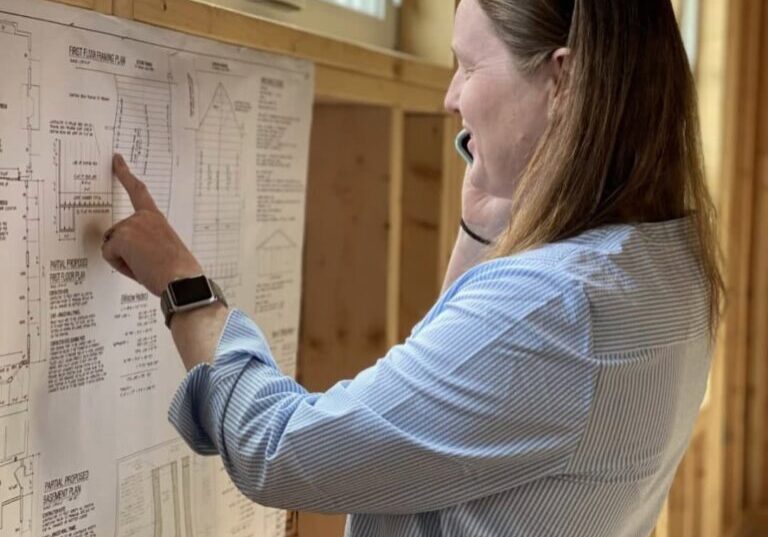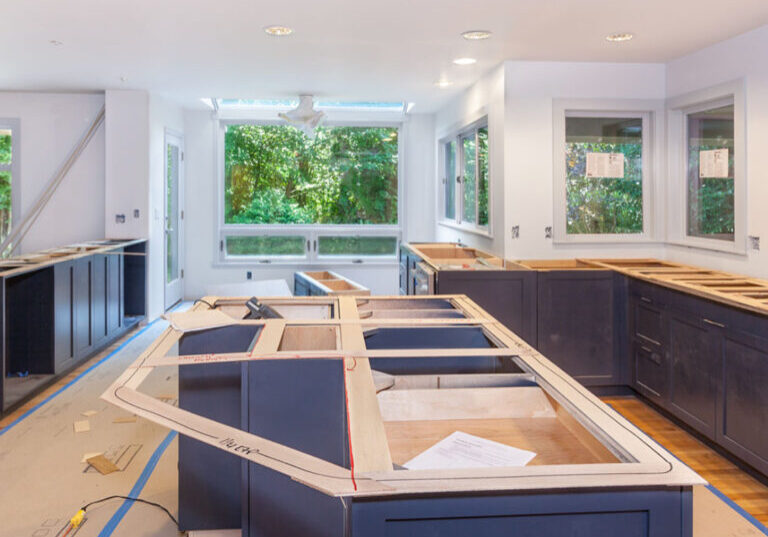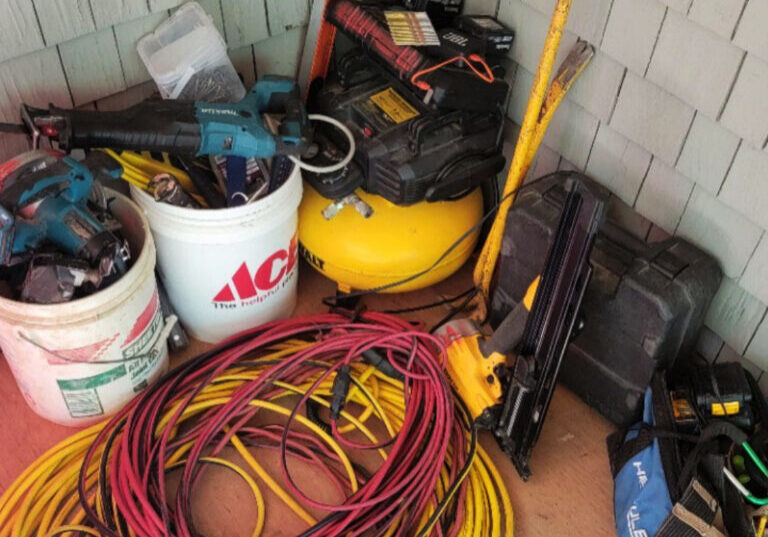How do I Select My Remodeling Team?

While embarking on a home remodel can be exciting, finding the perfect professional to guide you through it might feel like climbing Mount Everest. But fear not, with the right information, you can be prepared to make a great choice.
We often hear from homeowners who come to us after a remodeling nightmare. They wish they’d known to ask certain questions, or just assumed things would be “fine” because… well, XYZ reasons. We don’t want that for you! So, my team and I have compiled a handy list of things to consider and secure when choosing your ideal remodeling partner.
1. Work with a Professional
Work with a professional home improvement contractor with an established business in your area. A professional construction company will exhibit a combination of important characteristics that demonstrate competence, trustworthiness, and reliability. Here are some key ones to look for:
- Be checked through references from past customers in your community.
- Has a permeant place of business you can visit.
- Has an organized and systematic approach.
- Commitment to safety and improving.
- Qualified Team.
- Proven Track Record.
- Clear and detailed proposals.
- Responsive.
- Licensed, Insured and provides a warranty.
2. Choose a Licensed Contractor
- Only work with licensed contractors. They should have a license from the Board of Building Regulations and Standards. This means they passed a test and know construction basics.
- No license? No deal: Skip any unlicensed contractor, even if they offer a lower price. It’s not worth the risk.
- Proof of license: Ask for a copy of their up-to-date license to verify. Don’t take their word for it.
- In Massachusetts, most remodeling projects also require specific licenses: Construction Supervisor License and Home Improvement Contractor License.
- Permits: Be wary of anyone who asks you to pull the permit. It means for some reason they do not have the proper licenses or insurance to work in Massachusetts, and by working with them you are at serious risk of having problems.
- Building permits are typically required for any project over $1,000 in Massachusetts.
3. Make sure you have copies of Certificate of Insurance
Before handing over the keys to your renovation dreams, there’s one crucial step: verifying your contractor’s insurance. It might seem like paperwork, but think of it as building a bridge of trust and protection for your project.
- General Liability Insurance: This covers accidental damage they or their employees might cause to your property.
- Worker’s Compensation: If a worker gets hurt on your property and the contractor doesn’t have this insurance, you could be held responsible for their medical bills and lost wages.
4. Make Sure Your Scopes of Work are Comparable
At Almar, we hear it all too often: stories of homeowners lured in by the lowest bid, only to end up with subpar work and unexpected costs. Remember, quality craftsmanship and peace of mind come with a price, and cutting corners rarely leads to happiness.
Getting accurate and comparable bids is crucial. But beware of the apples and oranges trap: estimates that look great at the bottom line but don’t actually match your vision. Here’s how to avoid it:
- Clearly define your scope and expectations: Before get bids, outline your project in detail. Include materials, finishes, timelines, and any specific requirements you have.
- Share the same blueprint: Provide every contractor with the same detailed plans and specifications. This ensures they’re all pricing the same job, not apples and oranges!
- Read the proposals you are given. Make sure the details and notes are included in the scope of work provided.
5. Choose a Top-Tier Contractor for Your Remodel
To cut through the noise and find a team you can trust, look for remodelers affiliated with prestigious organizations like NARI, Pro New England, and NAHB.
Why These Names Matter:
- NARI (National Association of the Remodeling Industry): Think of them as the watchdog of the remodeling world. They carefully vet potential members, checking references, verifying licenses, and ensuring a commitment to professional conduct. Joining NARI isn’t just a checkbox – it’s a badge of honor.
- NAHB (National Association of Home Builders): These guys represent the crème de la crème of the construction industry. NAHB membership requires a proven track record of quality work, ethical practices, and a dedication to continuous learning.
- Professional Remodeling Organization New England (Pro New England): PRO’s mission is to advance and promote professionalism in the remodeling industry. Members demonstrate PRO’s core values and the highest standard of ethics.
Beyond the initial vetting, these organizations actively nurture their members through: Strict codes of ethics: Every member signs a pledge of professionalism, ensuring fair dealing and top-notch service. And Ongoing education: These organizations champion continuous learning, offering member access to valuable courses and resources, so your contractor stays current with the latest industry advancements.
Hiring a top-tier contractor may cost slightly more than the lowest bidder, but consider it an investment in your home and your sanity. By choosing a professional contractor, you’re choosing peace of mind, quality, and a partner who’s invested in turning your vision into a reality.
Remodeling can be a large undertaking. There are a lot of decisions and money that goes into your project. By starting with these items, you will quickly know whether the company you are talking to is worth spending more time to investigate and be a good fit to guide and educate you through the process.
updated: 1.3.2024














